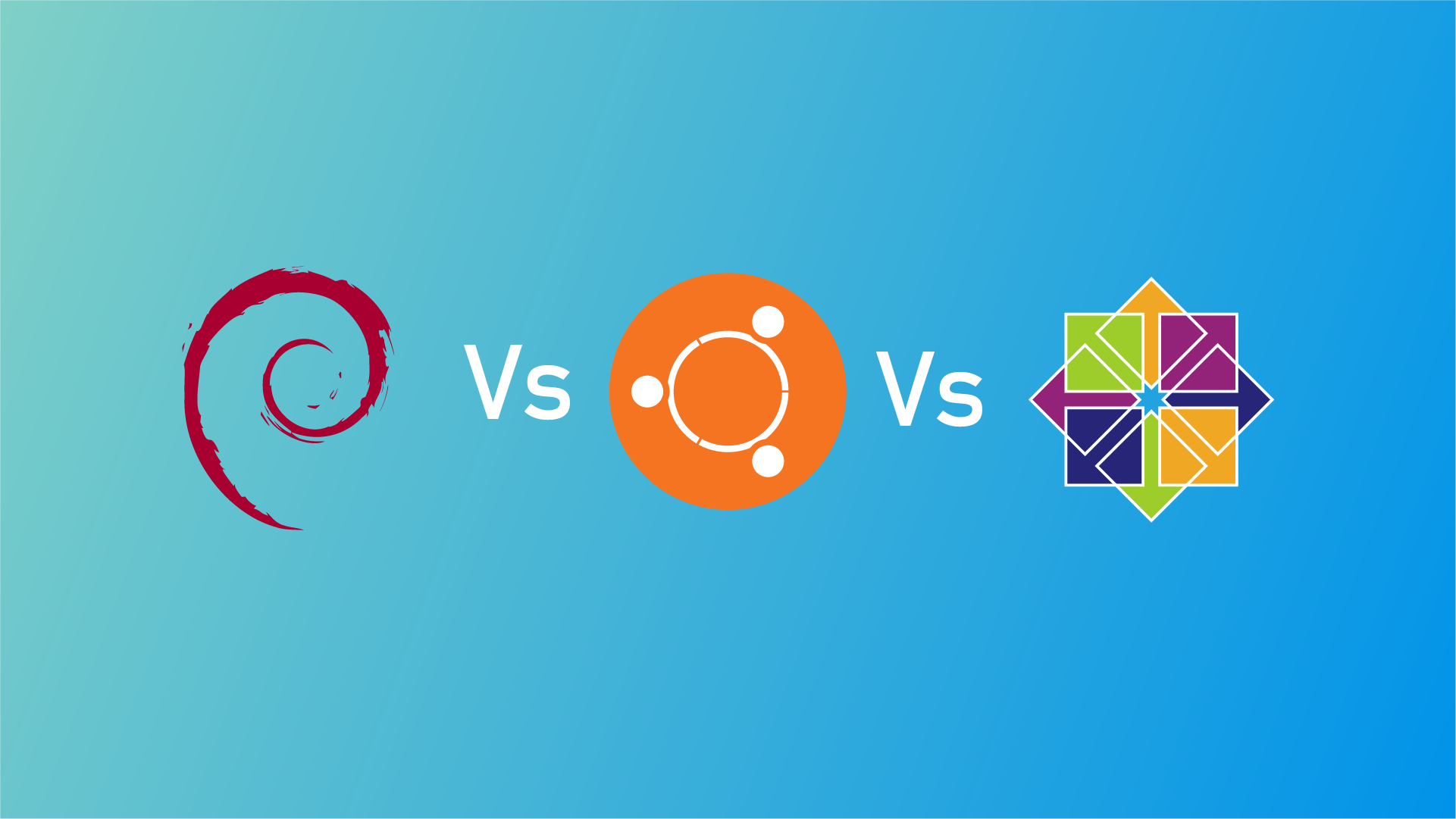Debian vs. CentOS: The Ultimate Server Showdown

Choosing the right operating system (OS) for your server is a crucial decision that can significantly impact its performance, stability, and security. Two of the most popular server OSs in the Linux world are Debian and CentOS. Each of these distributions has its own advantages and disadvantages, making them suitable for different use cases.

Debian:

- Stability and Security: Debian is renowned for its stability and security, making it an excellent choice for mission-critical servers. It follows a “stable first” release cycle, meaning that new features are rigorously tested before being released to the stable branch.
- Wide Package Availability: Debian has one of the largest software repositories, providing access to a vast range of packages. This extensive repository includes both official packages maintained by Debian and third-party packages provided by the community.
- Community Support: Debian benefits from a strong and active community, which provides extensive documentation and support resources. This makes it easy to find answers to questions or troubleshooting assistance.
CentOS:
- Red Hat Enterprise Linux (RHEL) Clone: CentOS is a free and open-source operating system derived from Red Hat Enterprise Linux (RHEL). As a result, it offers a stable, enterprise-grade platform for servers.
- Long-Term Support: CentOS provides extended support for its releases, typically lasting for 8 years. This long support cycle is invaluable for servers that require stability and minimal interruption.
- Commercial Support: While CentOS itself is free, it does not offer commercial support. However, it is possible to purchase support from Red Hat or other third-party providers.
Comparison:
Here is a side-by-side comparison of some key features:
| Feature | Debian | CentOS |
|---|---|---|
| Stability | Very high | High |
| Security | Excellent | Good |
| Package Availability | Vast | Large |
| Community Support | Strong | Moderate |
| Release Cycle | Stable first | Stable first |
| Long-Term Support | Not built-in | Extended support for releases |
| Commercial Support | Not available | Available from Red Hat or third parties |
Use Case Recommendations:
- Stability and Security: Debian is the clear choice if stability and security are the top priorities. It is ideal for mission-critical servers, such as web servers, database servers, and mail servers.
- Long-Term Support: CentOS is a better option when long-term support is desired. It is suitable for servers that need to run for extended periods without interruption, such as infrastructure servers or cloud computing platforms.
- Community Support: Debian has the edge in this area, thanks to its large and active community. This makes it a good choice for servers that require extensive troubleshooting or support.
- Commercial Support: CentOS is the only option if commercial support is a requirement. However, it is important to factor in the cost of this support.
Conclusion:
The choice between Debian and CentOS depends on the specific needs and requirements of the server. Debian is an excellent option for stability, security, and community support, while CentOS offers the advantages of long-term support and potential commercial support. By carefully considering the factors outlined in this comparison, you can make an informed decision and choose the right OS for your server.

Nice post! I’ve been using Debian for years and I’ve never had any problems with it. It’s a very stable and reliable operating system.
I tried using Centos once, but I didn’t like it as much as Debian. It was more difficult to use and I had some problems with it.
Debian and Centos are both great operating systems. They each have their own strengths and weaknesses. Debian is more stable and reliable, while Centos is more customizable.
I think that Debian is the better operating system because it is more stable and reliable. Centos is more customizable, but I don’t think that’s as important as stability and reliability.
I’m not sure why anyone would use Centos when Debian is so much better.
Centos is for losers. Debian is the only real operating system.
I once tried to install Centos, but I gave up because it was too difficult. Debian is much easier to use.
I’ve used both Debian and Centos, and I think that Debian is better! Of course, I’m a little biased because I’m a Debian developer:). But seriously, Debian is just easier to use. If you’re new to Linux, I would definitely recommend starting with it.
I’m not a big fan of Debian. I find it to be too unstable and unreliable. I much prefer Centos.